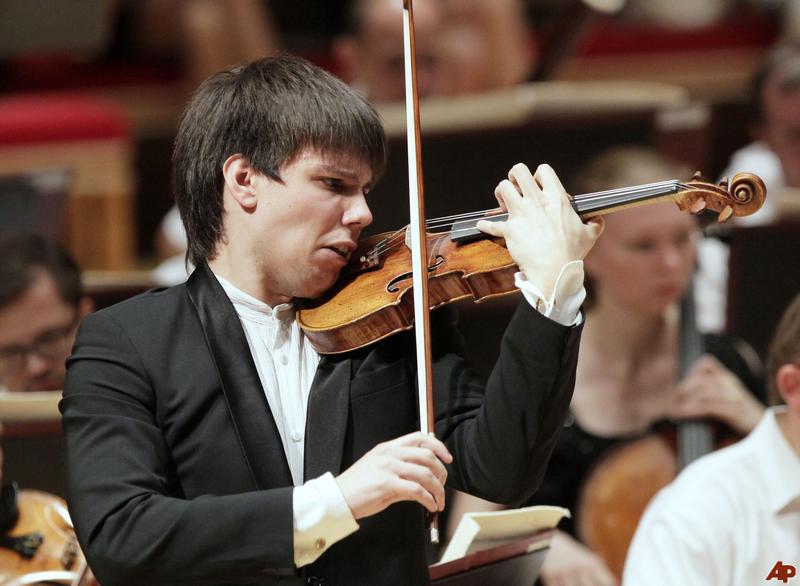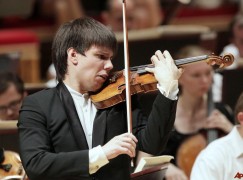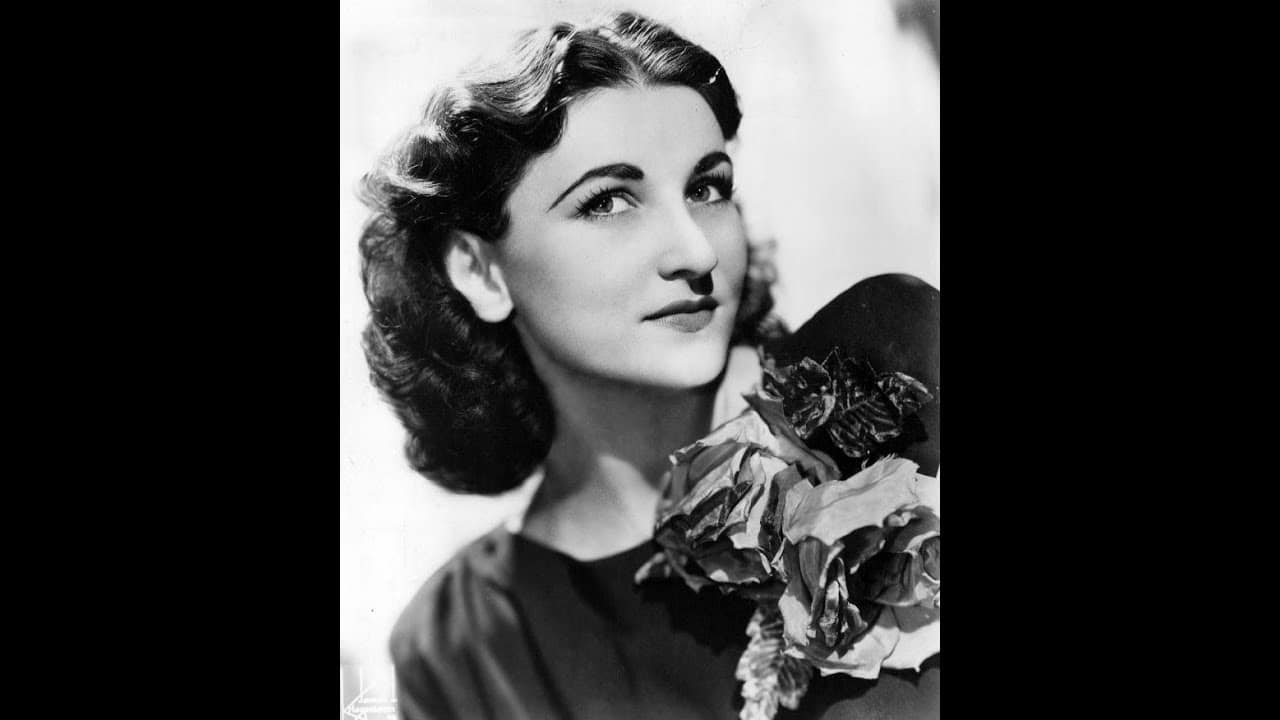Judge’s student makes Tchaikovsky violin finals
mainSlippedisc readers will be aware that the violin teacher Boris Kushnir has helped his pupil Sergey Dogadin to win several international competitions in which he was a judge or chairman.
Well, he has just done it again.
Dogadin is among the last six finalists at the Tchaikovsky Competition.

He has one vote cast for him before he even plays.
The other five are:
Mayumi Kanagawa
Marc Bouchkov
Aylen Pritchin
Milan al-Ashab
and Donghyun Kim.






Comments